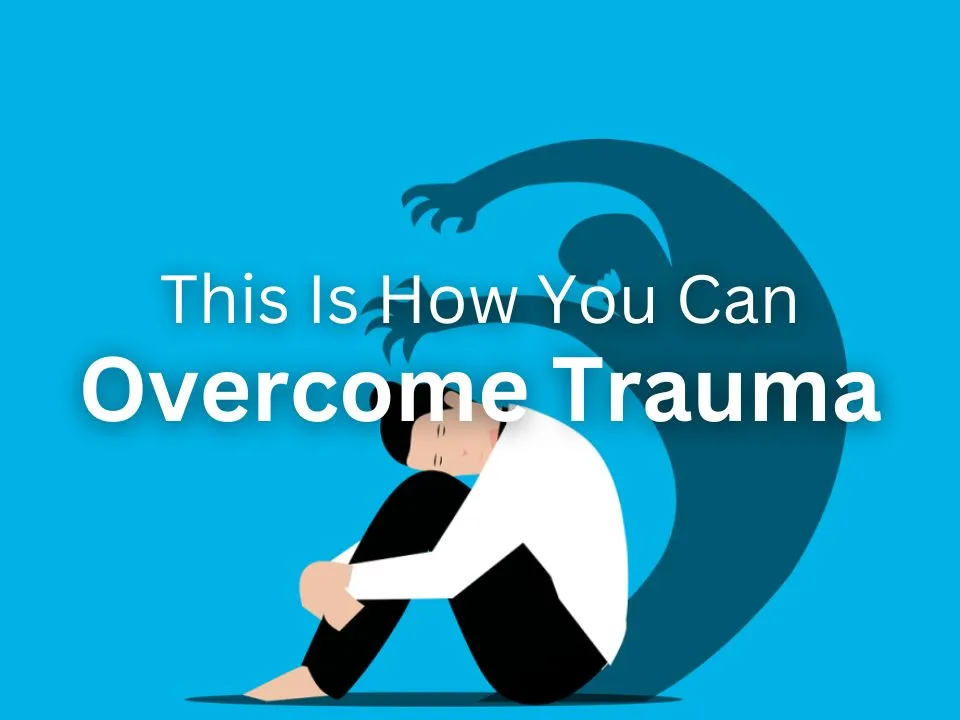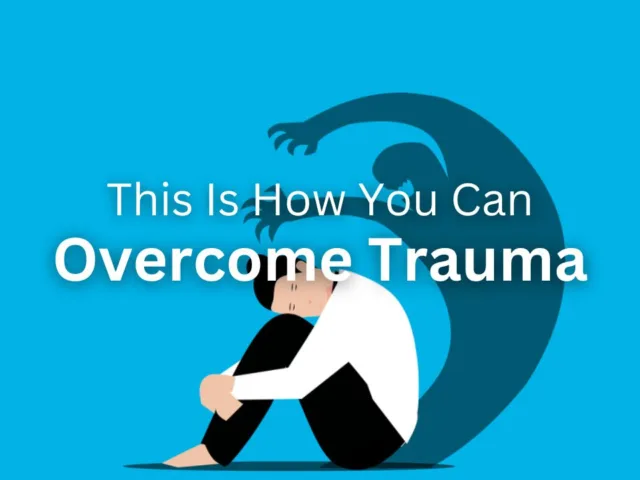
Trauma, whether stemming from a singular event or prolonged exposure to distressing circumstances, can leave deep emotional scars that affect every aspect of one’s life. However, it’s crucial to understand that healing is possible. With patience, self-compassion, and the right tools, individuals can navigate their way through the darkness of trauma toward a brighter future.
How To Overcome Your Trauma

Image via Mpls St Paul
In this article, we will explore strategies and techniques to overcome trauma and reclaim a sense of peace and resilience.
1. Understanding Trauma
Before delving into overcoming trauma, it’s essential to understand its nature and its impact on the mind and body. Trauma can manifest in various forms, including physical, emotional, and psychological. It may result from experiences such as abuse, accidents, natural disasters, or witnessing violence.
Trauma can disrupt one’s sense of safety, trust, and stability, leading to symptoms like anxiety, depression, flashbacks, and hypervigilance.
2. Seeking Professional Help
One of the most crucial steps in overcoming trauma is seeking professional help. Therapists, counselors, and psychologists are trained to provide support and guidance tailored to individual needs.
Cognitive-behavioral therapy (CBT), Eye Movement Desensitization and Reprocessing (EMDR), and dialectical behavior therapy (DBT) are among the effective therapeutic approaches for trauma recovery. These professionals offer a safe space for individuals to explore their feelings, process traumatic memories, and develop coping mechanisms.
3. Practicing Self-Care
Self-care plays a vital role in the healing journey from trauma. Engaging in activities that promote physical, emotional, and mental well-being can help individuals regain a sense of control and empowerment. This may include regular exercise, adequate sleep, healthy eating habits, mindfulness meditation, journaling, and spending time in nature.
Prioritizing self-care allows individuals to nurture themselves and replenish their energy, making them better equipped to cope with the challenges of trauma recovery.
4. Building A Support System
Surrounding oneself with a supportive network of friends, family members, or support groups can provide invaluable comfort and encouragement during the healing process. Sharing experiences with others who have gone through similar struggles can foster a sense of belonging and understanding.
Additionally, loved ones can offer practical assistance, emotional validation, and a listening ear, reinforcing the notion that individuals do not have to face their trauma alone.
5. Cultivating Resilience
Resilience is the ability to bounce back from adversity and grow stronger in the process. While trauma can be overwhelming, it also presents an opportunity for personal growth and transformation. Cultivating resilience involves developing coping skills, fostering optimism, and reframing negative thoughts. Embracing a growth mindset allows individuals to view challenges as opportunities for learning and development, empowering them to overcome adversity with courage and resilience.
Overcoming trauma is a journey that requires patience, persistence, and self-compassion. By seeking professional help, practicing self-care, building a support system, and cultivating resilience, individuals can gradually heal from their traumatic experiences and reclaim their lives.
While the path to recovery may be challenging, it is also deeply rewarding, offering the possibility of newfound strength, resilience, and inner peace. Remember, healing is possible, and you deserve to live a life free from the shackles of trauma. Check out these 10 Mental Health Therapy Services in Klang Valley.










